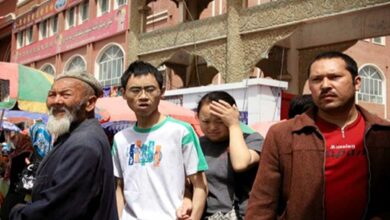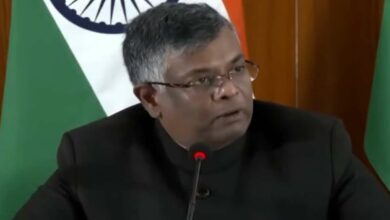How a Japanese man survived with only 30 minutes of sleep a day
Doctors often advise seven to eight hours of sleep every night for optimal health. A Japanese man, however, claims to have defied this practice by sticking to a 30-minute sleep schedule for the previous twelve years in an effort to “double” his awake hours and increase productivity.

According to South China Morning Post, 40-year-old Daisuke Hori of Hyogo prefecture in western Japan asserts that he has undergone intense training to hone his body and intellect. It seems that his unusual regimen allows him to perform at his best with little sleep without feeling tired.
Hori is an entrepreneur that loves mechanical design, art, and music. Twelve years ago, he started cutting down on his sleep in order to increase his daily productivity. He eventually succeeded in cutting down the amount of sleep he needed each day to only 30 to 45 minutes.
“Get moving or have coffee an hour before a meal to stay alert,” he said. Hori founded the Japan Short Sleepers Training Association in 2016 and provides health and sleep management training there. “High-quality, shorter sleep durations are more beneficial to those who need great focus for their task than are longer sleep durations.
Professionals like physicians and firemen, for instance, sometimes get little sleep but still work very efficiently, according to Hori. The majority of people consider 30 minutes of sleep to be a “nap,” which is insufficient for a productive day.
Hori’s way of living was shown in a Yomiuri TV reality program in Japan. ‘Will you go with me?’ was the name of the program that followed him for three days, one of which he slept for a mere twenty-six minutes, awakening naturally and feeling rejuvenated.
Hori resumed his day after taking a little nap, going to the gym before heading to work.
Hori has educated over 2,100 individuals to adopt ultra-short sleep patterns, according to his internet biography, according to the SCMC investigation. One of his pupils was further reported in the paper as having successfully cut down her sleep from eight hours to only ninety minutes after Hori’s teaching. She said that for the previous four years, she had been in excellent mental and skin health.
Medical experts have issued a warning, however, saying that drastically reducing sleep is not recommended for everyone and may have unfavorable consequences. Adults usually need between seven and nine hours of sleep per night. SCMC cited Guo Fei, a neurologist from Huazhong University of Science and Technology’s Xiehe Shenzhen Hospital, as saying that sleep is essential for the body and brain to heal and regenerate. “Prolonged sleep deprivation can lead to immune system weakness, mood swings, memory impairments, and an increased risk of cardiovascular problems,” Guo said.
The seven-hour sleep rule for adults, according to Eric Zhou of the Harvard Medical School Division of Sleep Medicine, is more of a recommendation. Some people could need considerably more. But it’s also important to consider the quality of sleep. A research published in the Journal of Clinical Sleep Medicine suggests that infants may need up to 16 hours of sleep every day.
There have been numerous reports of extravagant lives across Asia. For instance, Indian yogi Prahlad Jani said that he had gone without food or drink since 1940. In 2020, he died at the age of 90.





